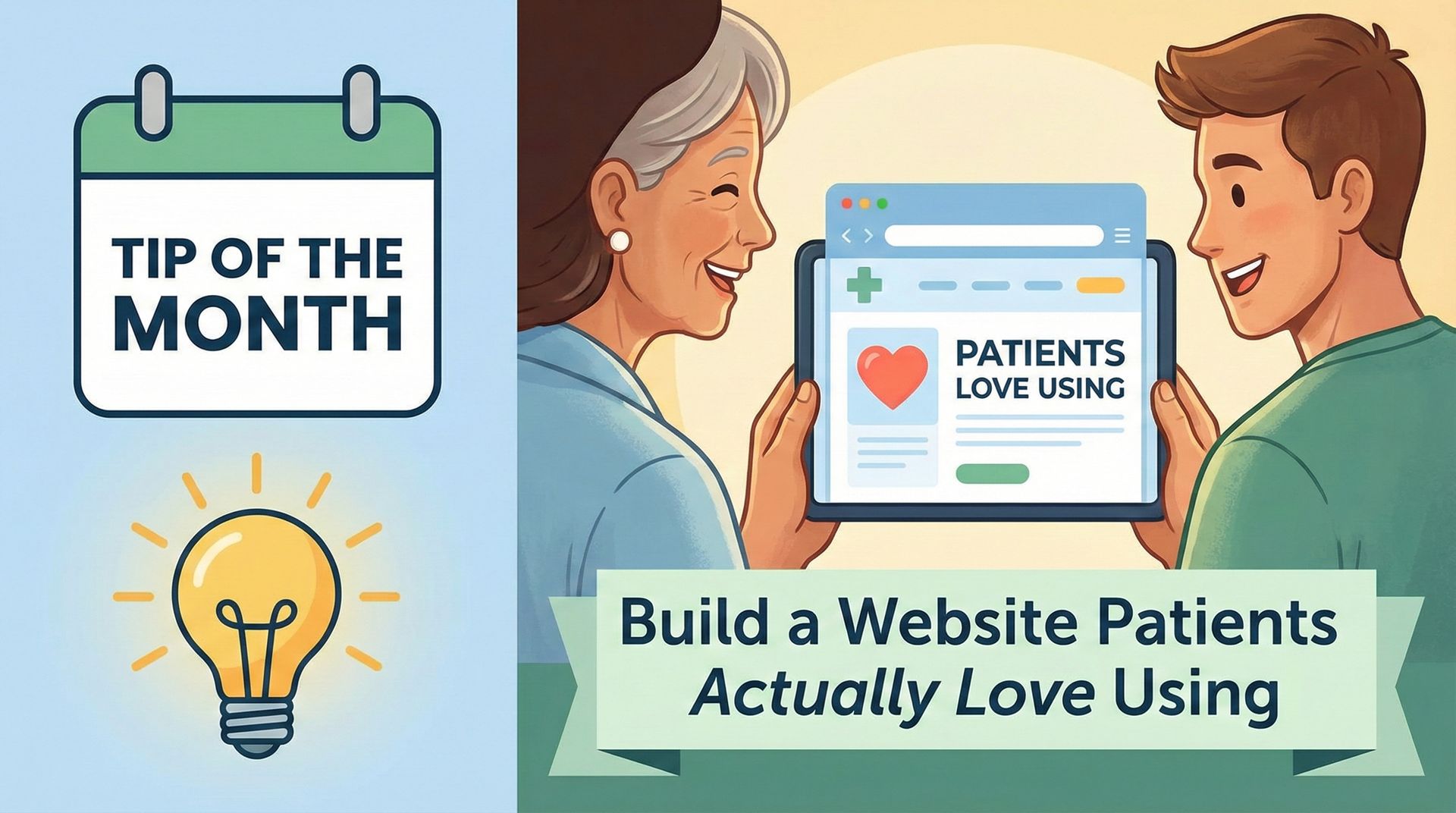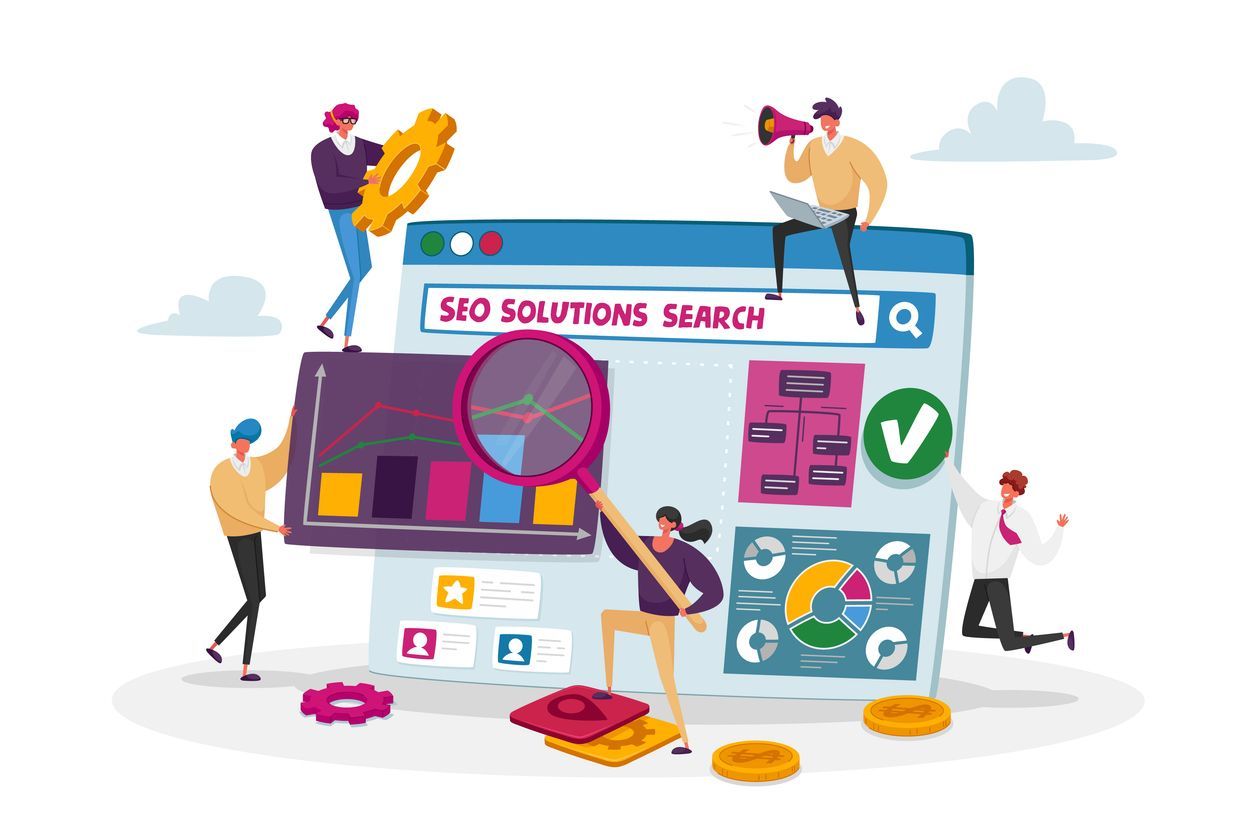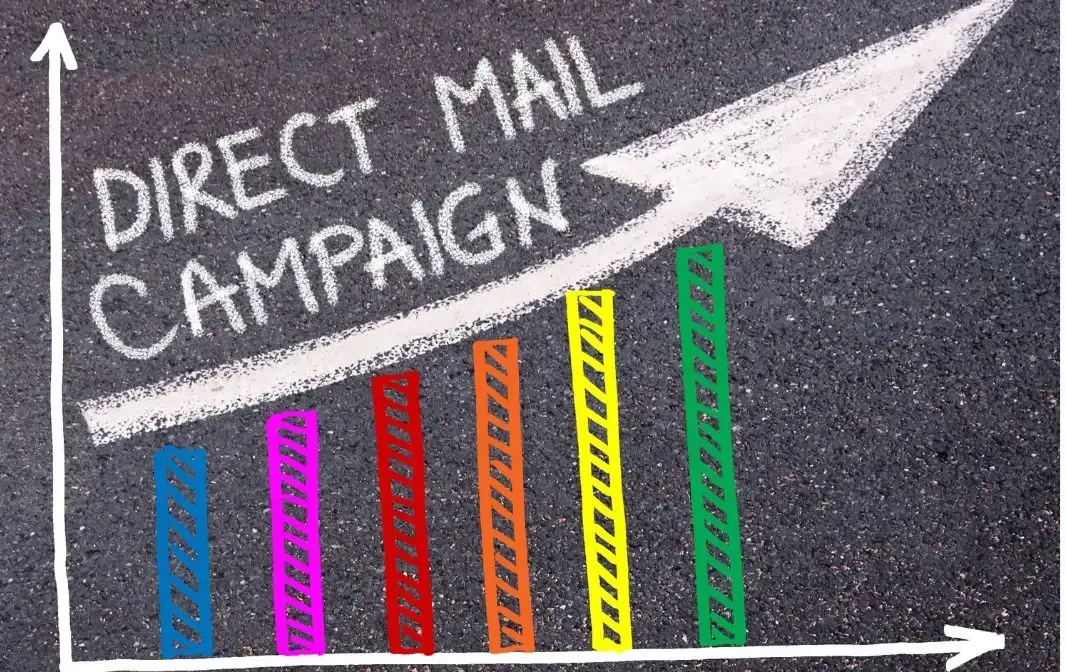Utilizing AI for Enhanced Dental Marketing Strategies

Artificial intelligence (AI) is revolutionizing multiple industries, and dental marketing is no exception. With the ability to enhance patient experiences, optimize marketing strategies, and streamline business operations, AI has become an essential tool for dental practices looking to stay ahead in a competitive market. This guide will delve into the various applications of AI in dental marketing, its many advantages, essential tools for success, and real-world case studies showcasing the tangible benefits of AI-driven marketing strategies.
Benefits of AI in Dental Marketing
The integration of AI into dental marketing provides dental practices with numerous advantages, many of which lead to improved patient satisfaction, more effective marketing, and enhanced decision-making. Below are some of the key benefits:
1. Enhanced Patient Experience
AI-powered chatbots and virtual assistants play a crucial role in improving patient interactions. These tools provide real-time responses to common patient inquiries, such as appointment availability, billing questions, and treatment options. By automating these processes, dental practices can offer 24/7 support, significantly improving the patient experience and reducing wait times for responses. This streamlined communication fosters trust and satisfaction, as patients feel their needs are addressed promptly and efficiently.
For instance, AI-powered assistants can manage appointment scheduling, reminder notifications, and follow-up care, helping to reduce missed appointments and improve patient retention. This also frees up valuable staff time, allowing them to focus on delivering better in-person care.
2. Personalized Marketing Campaigns
One of the most powerful aspects of AI is its ability to analyze vast amounts of data quickly and accurately. For dental practices, this means AI can help identify patient preferences and behaviors, allowing for highly personalized marketing campaigns. AI can process data from patient interactions, treatment history, and even social media activity to develop targeted messages that resonate with specific demographics.
Personalized marketing is more likely to engage patients, leading to higher conversion rates. Instead of broad, one-size-fits-all campaigns, dental practices can deliver content tailored to individual patient needs, such as promoting specific services (e.g., teeth whitening or orthodontics) to patients who have shown interest in these treatments. This approach increases the likelihood of attracting new patients while retaining current ones.
3. Improved Decision-Making
AI enhances decision-making by providing actionable insights through data analytics. Dental marketers can use AI tools to measure campaign performance, track patient behavior, and predict future trends. This data-driven approach helps practices optimize their marketing strategies, ensuring they are investing resources in the right areas.
For example, AI can analyze the effectiveness of different marketing channels, such as email, social media, or paid ads, and recommend where to allocate the budget for maximum ROI. By utilizing predictive analytics, dental practices can also anticipate patient needs and preferences, leading to more successful marketing initiatives.
4. Cost Efficiency
AI can significantly reduce marketing costs by automating routine tasks and improving the accuracy of targeting efforts. AI-driven marketing campaigns can analyze large amounts of data to pinpoint the most cost-effective strategies, such as which channels to focus on or what types of content resonate most with the target audience. By automating repetitive tasks like sending appointment reminders or answering FAQs, dental practices can reduce labor costs and allow staff to focus on high-priority activities.
AI tools also help optimize marketing budgets by identifying which campaigns generate the highest returns. This can prevent overspending on ineffective strategies, ensuring that marketing dollars are used wisely to generate the best possible results.
Essential AI Tools for Dental Marketing
To successfully implement AI in dental marketing, it's important to leverage the right tools. Below are some key AI-driven platforms that can help dental practices optimize their marketing strategies and improve overall business operations:
1. Chatbots and Virtual Assistants
- Drift: An AI chatbot designed to engage with website visitors in real-time. Drift allows dental practices to answer patient queries, provide treatment information, and schedule appointments directly through the website. This tool can help reduce missed
- opportunities by providing immediate responses, even outside of regular office hours.
- Intercom: A popular conversational marketing platform that helps dental practices engage with potential patients through personalized communication. With AI-driven chatbots, Intercom can manage patient inquiries and drive conversions by streamlining the appointment booking process.
2. Customer Relationship Management (CRM) Systems
- HubSpot: HubSpot is an AI-powered CRM platform that helps dental practices manage patient interactions, track treatment histories, and automate marketing efforts. HubSpot's CRM capabilities allow for the segmentation of patients into different categories based on behavior, preferences, or treatment needs, enabling targeted marketing and personalized communication.
- Salesforce: Known for its powerful AI capabilities, Salesforce uses AI to analyze patient data and predict future behaviors. This helps dental practices tailor marketing efforts based on patient behavior, preferences, and past interactions, creating a more engaging and personalized experience for each patient.
3. Data Analytics and Reporting Tools
- Google Analytics: A must-have tool for any dental practice with a digital presence. Google Analytics helps dental marketers track website traffic, monitor user behavior, and evaluate the performance of marketing campaigns. By understanding where patients come from and how they interact with the site, dental practices can optimize their online presence to increase conversions.
- IBM Watson Analytics: An advanced AI tool that provides data visualization and predictive analytics. With Watson, dental marketers can make sense of complex data sets, allowing them to make better-informed decisions about their marketing strategies. Predictive analytics capabilities allow dental practices to forecast trends and adjust their marketing efforts accordingly.
4. Social Media Management
- Hootsuite: Hootsuite is a social media management tool powered by AI that helps dental practices schedule posts, monitor social media activity, and analyze performance metrics. Hootsuite’s AI capabilities can recommend the best times to post, the types of content that engage most with the audience, and strategies to increase social media presence.
- Sprout Social: Similar to Hootsuite, Sprout Social leverages AI to track social media trends and understand audience behavior. This tool helps dental practices optimize their social media campaigns by providing insights into what content resonates most with their followers and how to improve engagement rates.
Case Studies: AI in Action at Dental Practices
Real-world examples demonstrate the tangible benefits AI can bring to dental marketing. Below are three case studies of dental practices that successfully integrated AI into their marketing strategies:
Case Study 1: Smile Dental Clinic
- Challenge: Smile Dental Clinic was struggling with low patient engagement and a high rate of no-show appointments. Patients often had to wait too long for responses to inquiries, leading to frustration and lost business.
- Solution: The clinic implemented AI-powered chatbots on their website to handle patient inquiries and schedule appointments in real-time.
- Result: Patient engagement increased by 35%, and no-show rates decreased by 25%, thanks to improved communication and appointment scheduling efficiency.
Case Study 2: Bright Smiles Dental
- Challenge: Bright Smiles Dental wanted to improve its marketing ROI and patient retention, but their manual CRM system made it difficult to track patient interactions and deliver personalized marketing.
- Solution: The practice integrated an AI-powered CRM system (HubSpot) that automated patient communications and tracked interactions.
- Result: Patient retention increased by 40%, and marketing ROI saw a 30% boost, thanks to personalized campaigns and improved patient tracking.
Case Study 3: Healthy Teeth Dental
- Challenge: Healthy Teeth Dental was looking to optimize its social media presence and increase engagement with potential patients.
- Solution: The practice used AI-driven social media management tools like Sprout Social to schedule posts and analyze audience behavior.
- Result: The clinic saw a 50% improvement in social media engagement and was able to attract new patients through targeted, data-driven campaigns.
Integrating AI into dental marketing offers significant advantages, including enhanced patient experiences, optimized marketing
strategies, and increased cost efficiency. By leveraging AI-powered tools such as chatbots, CRM systems, data analytics platforms, and social media management solutions, dental practices can dramatically improve their marketing efforts and overall business performance.
AI is not just a trend but a strategic asset that can propel dental practices towards greater efficiency, patient satisfaction, and business growth. As the landscape of dental marketing continues to evolve, staying ahead of the competition by embracing AI will be crucial for success.





















